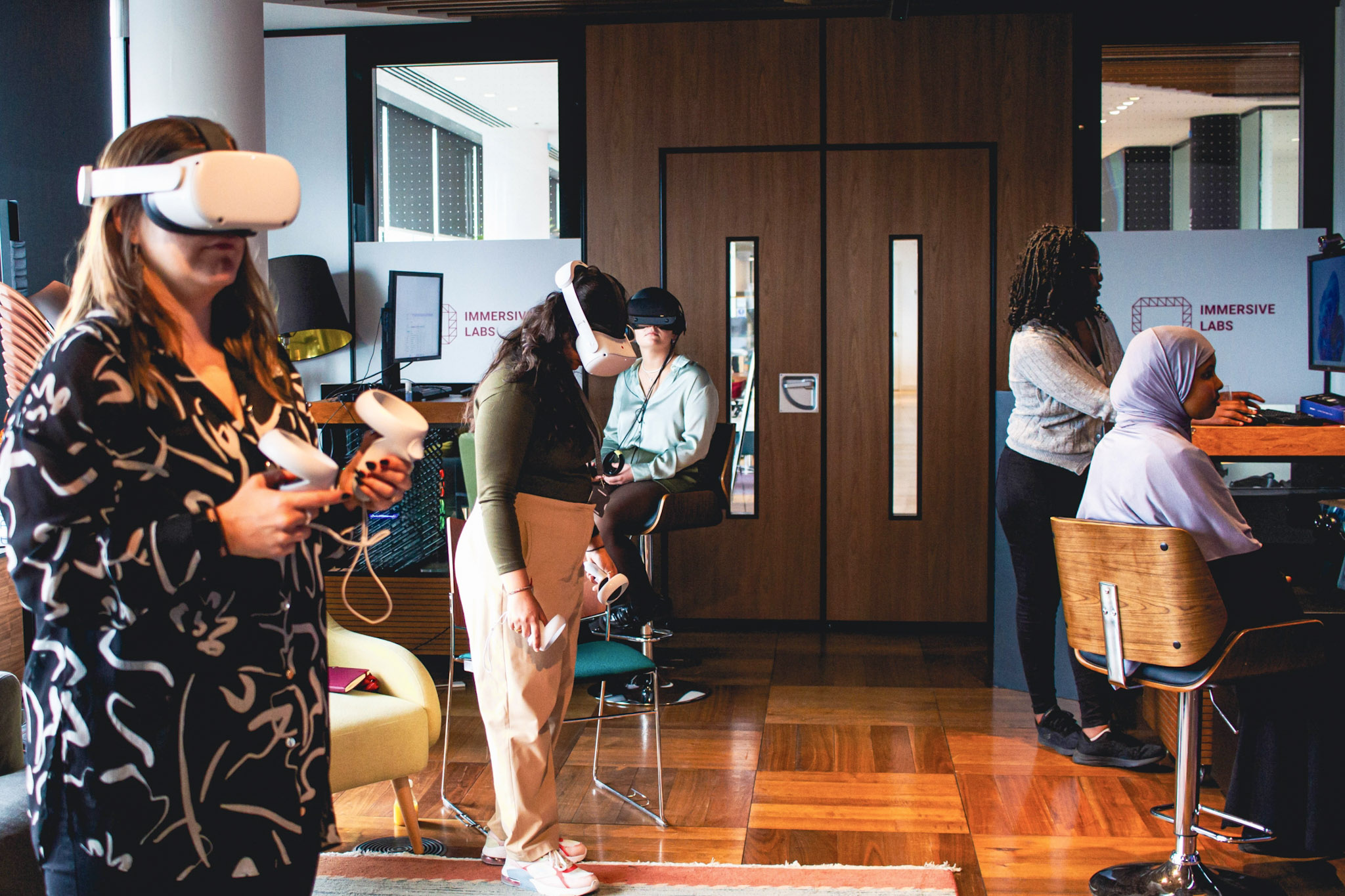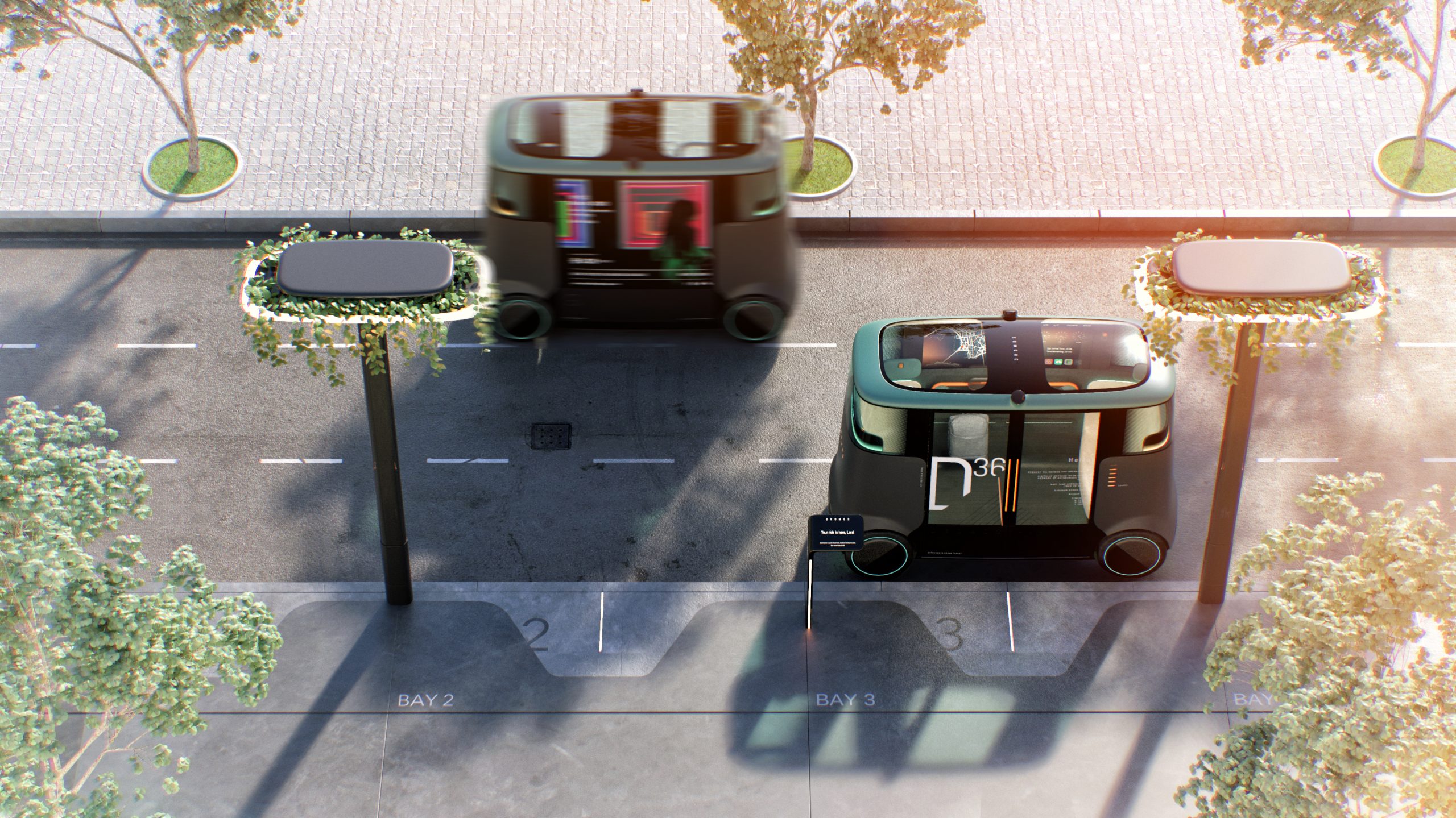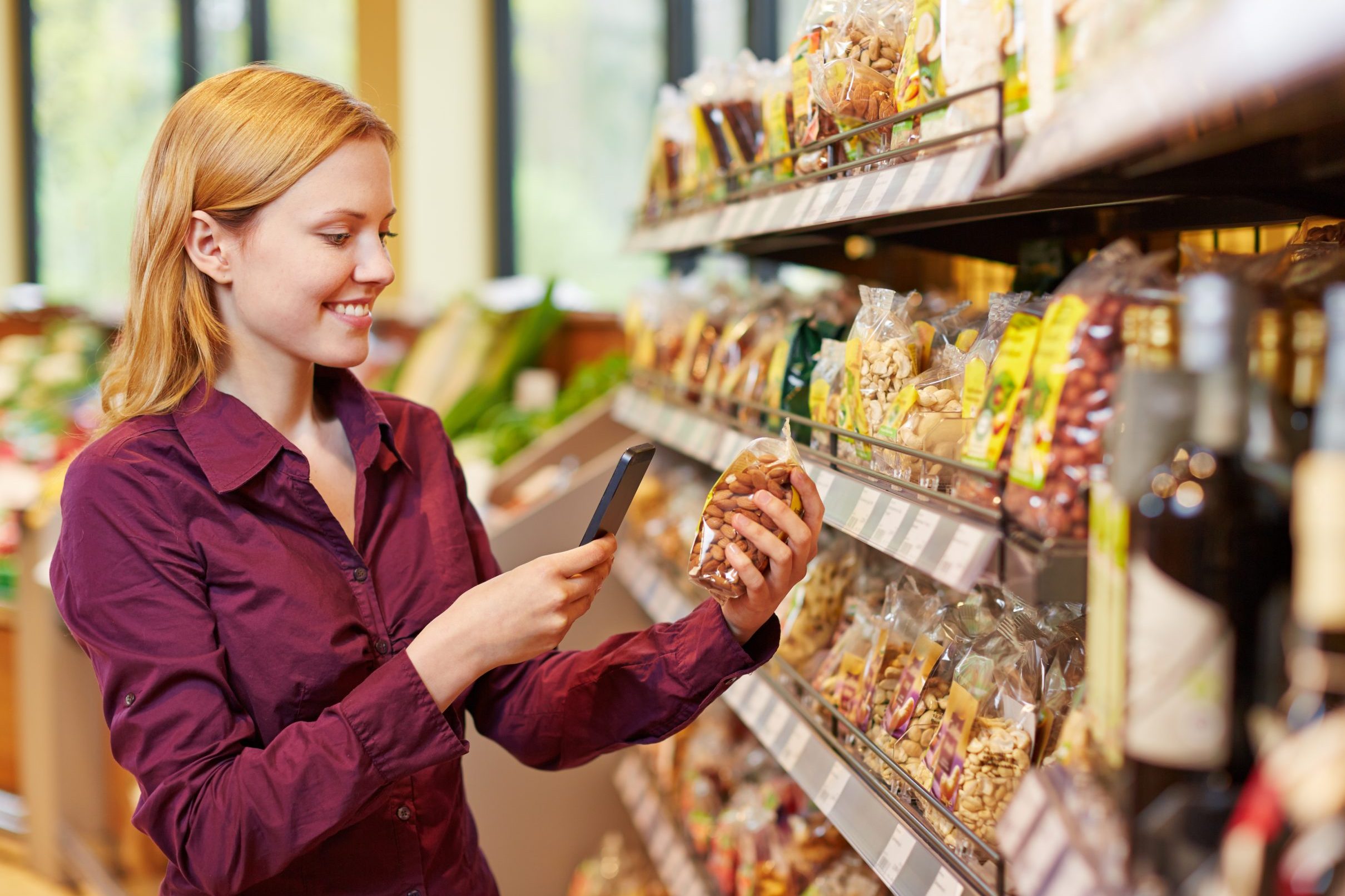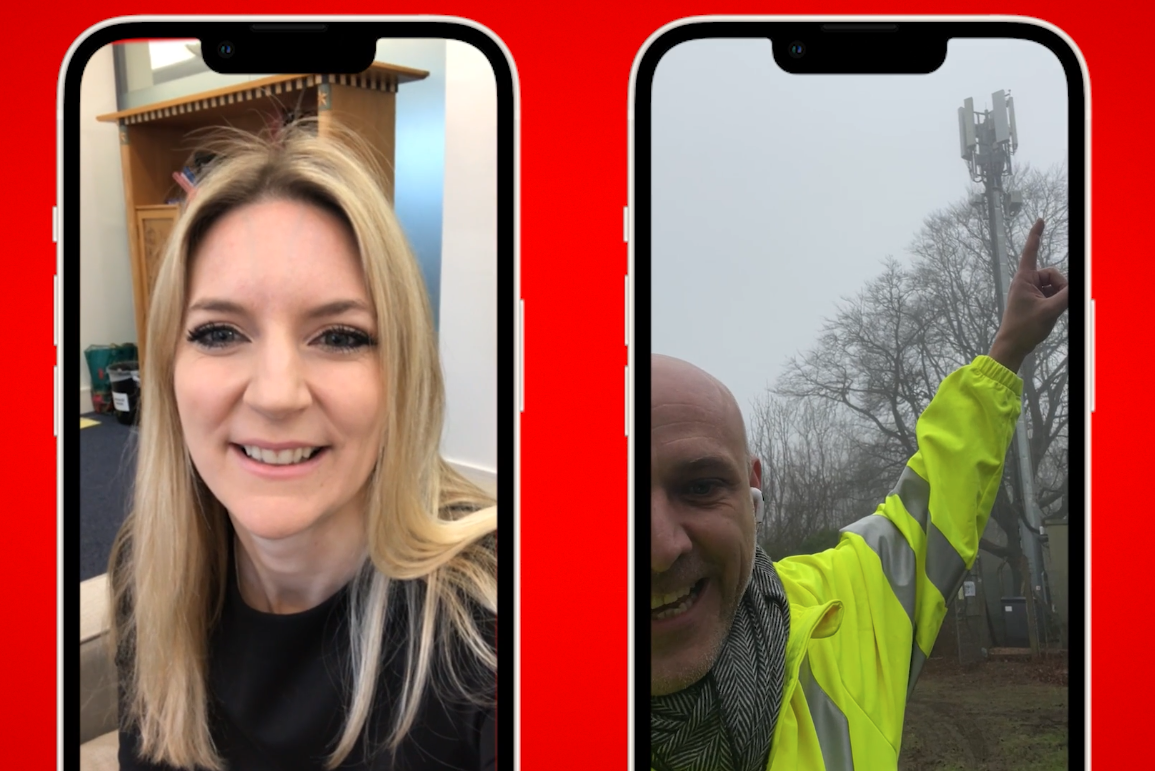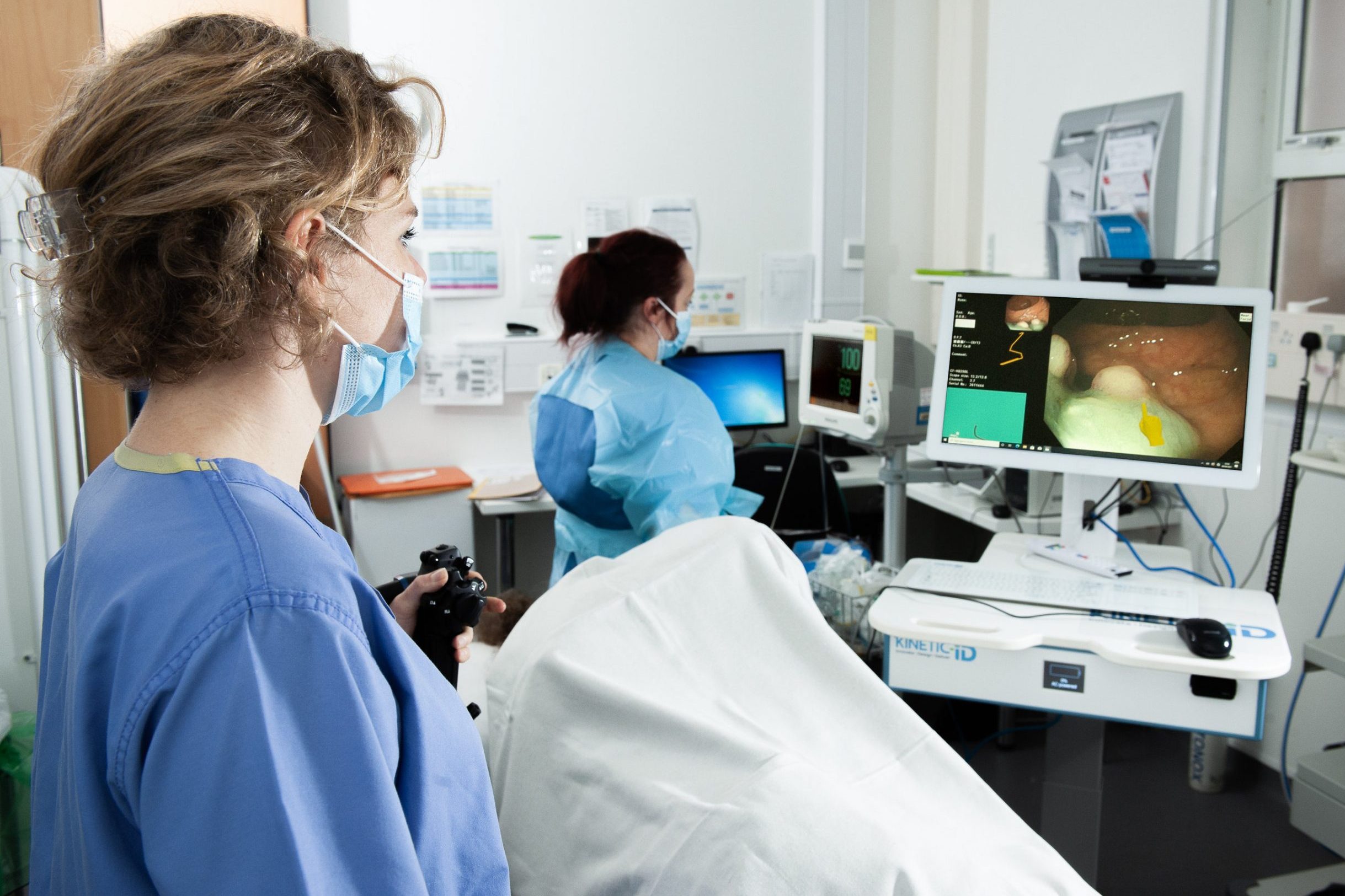Vodafone's Connected Consumer 2030 (CC2030) report explores five key trends that will drive the future of connectivity, challenging head-on the impact of climate change, depleting natural resources and ageing populations.
- A connectivity revolution will see the average person interact with a smart device every 18 seconds – 4,800 times a day.
- Smart devices to prove vital for the healthcare sector by detecting, monitoring and preventing disease.
- Wearable devices could receive commands through an individual’s thoughts.
- Connected trees, grasslands and oceans could help reduce global emissions by up to a third and support sustainability targets.
- Immersive holograms and in-vehicle AI will turn passenger journeys into retail experiences.
LONDON, Wednesday 26 January 2022: Connectivity and smart technology will fundamentally transform our experience of the world within the next decade, according to a new report launched today by Vodafone.
The Connected Consumer 2030 (CC2030) report explores five key trends that will drive the future of connectivity, challenging head-on the impact of climate change, depleting natural resources and ageing populations.
The report, released in partnership with The Future Laboratory, predicts how innovation in connected care, smart cities and transport, ethical connectivity, sustainability and future technology will help solve once-in-a-generation challenges and improve everyday life.
Smart devices that detect and prevent disease will support a healthcare industry under unprecedented strain
The global health crisis in 2020 saw 90% of countries face disruption to essential health services. As a consequence, collective concerns about wellbeing and immunity will drive a new era of connected care, the CC2030 report finds. Within the next 10 years, it predicts, homes will be equipped with products that proactively monitor health and can diagnose conditions, detecting potential health issues earlier and facilitating a preventative healthcare model that could save the healthcare industry €39bn ($45bn, £33bn) a year.
The report predicts that bathroom mirrors could be fitted with sensors that check for blood flow and abnormal changes in skin colour, or smart speakers that automatically request a prescription on the detection of sounds like coughs and sneezes. Such devices will be able to assess vital measurements such as hydration, blood sugar and blood pressure to predict or prevent chronic health conditions before they appear.
Connected care will also be critical in increasing independence amongst a steadily ageing population, empowering people to live independently for longer while also giving family members and caregivers reassurance about their loved ones’ wellbeing.
By 2030, consumers will be able control their wearables with their thoughts
Outside of the home environment, wearable devices will be able to move beyond voice control and interact directly with a user’s thoughts, the report suggests. With the number of connected devices expected to reach 125 billion globally by 2030, and accelerated digital adoption due to the pandemic, smart solutions that effortlessly blend into people’s lives will be a key trend within the next decade.

Instead of responding to sound, these brain-computer interfaces will detect signals the brain automatically sends to the mouth when we ‘say’ words in our heads, enabling users to give commands to their smart assistants without having to speak aloud. This opens up the possibility of a future without screens or a ‘metaverse’, where communication with devices happens through neural networks allowing users to take mental notes or silently communicate with their devices.
‘Connected nature’ could help reduce global emissions by up to a third and help meet 2030 targets
With less than 10 years to meet the target for limiting global warming to 1.5 degrees, connectivity will be a key partner in global attempts to restore and manage biodiversity, providing real-time information on the state of our environment.
Towards the end of the decade, connectivity is expected to be built into trees, grasslands and even oceans, allowing the impact of regeneration schemes to be monitored and potential threats assessed. Vodafone recently partnered with Defra and Forest Research to investigate how Narrowband-IoT (NB-IoT) technology can help monitor tree growth and support research into the role of trees in tackling climate change.

Credits: Tom Dymond
Data collection will also enable smart cities to identify and repurpose excess energy, allowing unused power and heat from buildings to be redistributed to surrounding homes or public spaces. Paired with tools that help consumers make more conscious decisions such as the creation of digital ‘birth certificates’ that show the movements and origins of products to assess their environmental footprint, connectivity will be central to reaching sustainability targets.
Autonomous vehicles will use holograms and AI to create in-car retail spaces
Autonomous vehicles are set to transform the way we move, with the GDP impact of connectivity in transport set to reach €241bn by 2030 (£208bn, $280bn). Using immersive holograms, the report suggests, e-commerce brands will be able to showcase their latest collections to passengers as they travel, enabling them to swipe through products and even be dropped off at a retail destination to make a purchase.
On entering a vehicle, passengers will be able to control their journey through their personal devices, pre-selecting from a series of settings ranging from sightseeing to work and leisure to create a completely tailored passenger experience.
Personal data will become a new form of currency
As awareness around the value of personal data grows, future consumers will demand hyper-personalised services and experiences in exchange for it. With 44% of people globally preferring to forego personalised content than share information, the report predicts that personal data will become a currency that brands will either need to pay for or offer in exchange for an elevated experience.
The CC2030 report also explores the human behaviours that are shaping future innovation, including concerns about physical and mental wellbeing as well as the demand for cities to work better for people following long periods of lockdown.
Lutfu Kitapci, Managing Director, Vodafone Smart Tech, says: “Over the past two years connectivity has become part of the fabric of our daily lives, helping people stay close to the people and things that matter most to them and solve everyday challenges.
“The findings within The Connected Consumer 2030 report highlight just how the pace of transformation is growing, and how we will sit at the heart of it with our connectivity solutions to help governments, businesses and consumers tackle major societal challenges.”
Chris Sanderson, Co-founder, The Future Laboratory, says: “A decade of exponential change awaits us. Connectivity represents the key to this transformation, helping us to disrupt differently and redefine what society is capable of.”
Valentina Contini, Founder, Innovation Lab at Porsche Engineering and report contributor, says: “Once both citizens and infrastructure become connected to each other, a holistic view of different geographies and the people living in them is enabled. This view will create exponential opportunities for positive change.”
The full report is available to download here.
– Ends –
About The Future Laboratory
The Future Laboratory is one of the world’s most renowned futures consultancies. With a unique blend of trend forecasting, consumer insight, foresight, brand strategy and innovation, we inspire and future-proof organisations.
When we started in 2000, we were two people and a dog with a handful of clients. Today, we have offices in London and Melbourne, and have worked with more than 1,000 businesses in 50 countries. Drawing on a workforce of more than 70 in-house experts, we assemble unique teams of journalists, writers, visual researchers and innovation analysts to document the new and the next across 14 industry sectors worldwide.
We deliver foresight through a number of products and services, including our trends intelligence platform, LS:N Global, and in person through our Strategic Services. Together, our strategic foresight helps our clients to harness market trends, understand and adapt to emerging consumer needs, position their brands for success and keep them ahead of their competitors.
Stay up-to-date with the latest news from Vodafone by following us on Twitter and signing up for News Centre website notifications.
